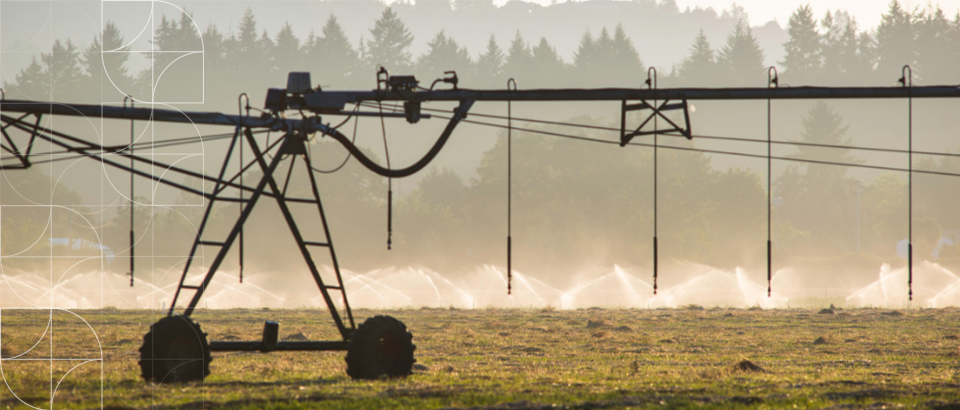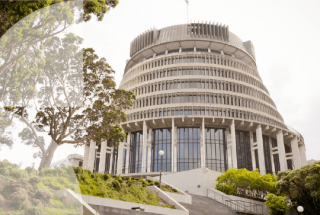Requiring authority status for irrigation scheme operators

Requiring authority status for irrigation scheme operators
Thursday 13 July, 2017
Ministerial approval of private entities as requiring authorities under section 167 of the RMA is, after the initial rush following commencement of the Act in October 1991, comparatively infrequent these days. There was no corresponding Ministerial power in the former Town and Country Planning Act, so the emergence of private entities able to designate private land is a post-1991 phenomenon. Correspondingly, so too is the ability to designate private land for projects or works that are beyond the traditional ‘public works’ that we normally associate with designations.
A very recent Ministerial approval of a new requiring authority highlights the extent to which this phenomenon has progressed. Environment Minister Nick Smith approved Hunter Downs Water Limited (HDW) as a requiring authority on Monday 12 June 2017. HDW now has the ability to issue notices of requirement to designate land (as well as water and airspace) to protect and develop infrastructure required to operate the Hunter Downs Irrigation Scheme (Scheme) in South Canterbury. The Minister's press release records the significance of the Scheme in terms of the allocation and use of fresh water for irrigation:
“The [Scheme] will take water from the Waitaki River to irrigate land between Waimate and Timaru. [HDW] has previously obtained water-take consent from Environment Canterbury and a development grant from Crown Irrigation Investments Limited. [The Scheme]… has the potential to irrigate 40,000 hectares, bringing benefits to 200 farmers. The economic benefits to the region are estimated at an increase in output of $830 million per year, and 1840 jobs in South Canterbury.”
HDW is not the first irrigation scheme operator to be approved for requiring authority status, but this particular group of requiring authorities is still limited literally to just a handful of entities. HDW's path to requiring authority status had its origins in its ability to first satisfy the Minister that it met the definition of ‘network utility operator’ in section 166 of the RMA being, in this particular case, “a person who… undertakes or proposes to undertake the distribution of water for supply (including irrigation)”. The corresponding criteria to obtain Ministerial approval to become a requiring authority then focussed on:
- The appropriateness of HDW to be approved as a requiring authority for the purpose of carrying out the Scheme;
- HDW’s ability to carry out the statutory responsibilities of a requiring authority, including maintaining financial responsibility for the Scheme; and
- The likelihood that HDW will give proper regard to the interests of people affected and to the interests of the environment.
The emergence of private entities as requiring authorities in the fresh water allocation space could be a trend that is just starting to gather momentum given the increasing importance to secure access for and to protect long term infrastructure to achieve that allocation. This could result in the issue to district and city councils of a growing number notices of requirement to designate private land for this very specific purpose.





